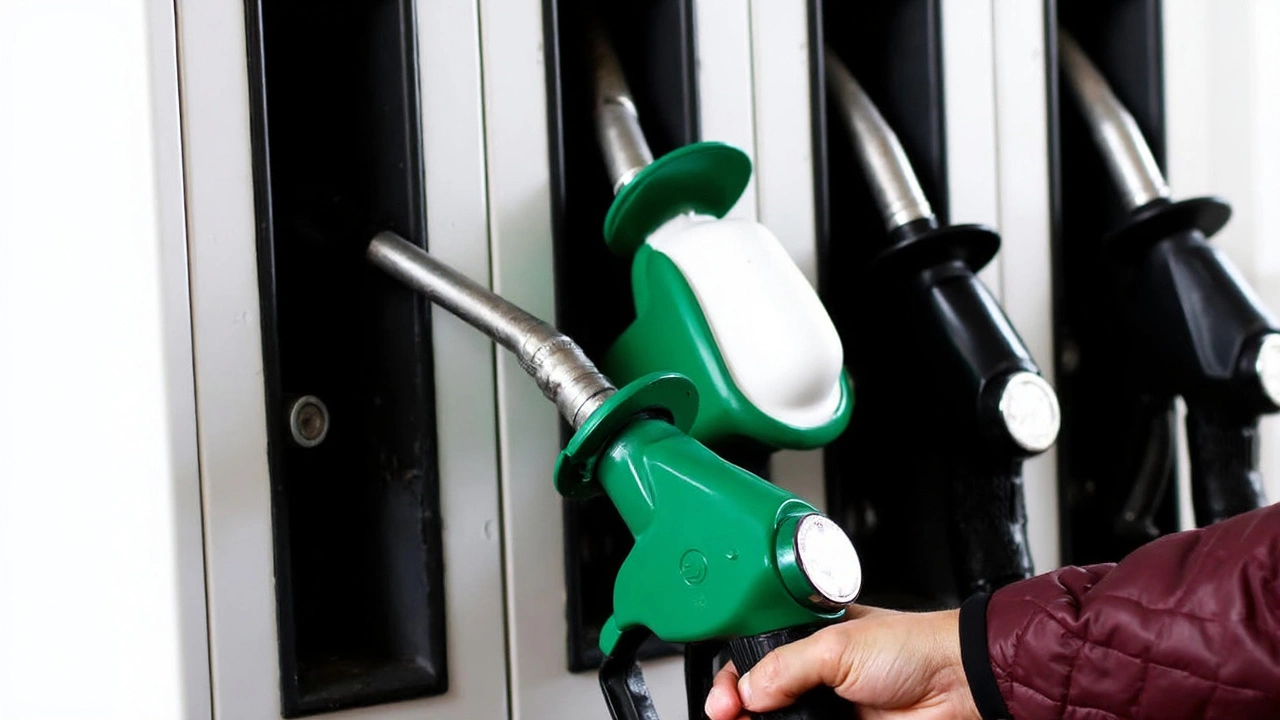
Allegations Rock the HVO Diesel Market
Right now, a major investigation is bubbling up around Hydrotreated Vegetable Oil, or HVO diesel, in the UK. Touted as a climate-friendly fuel, HVO is everywhere these days—from delivery vans to music festivals. Its rise has been meteoric: back in 2019, just 8 million litres were used in the UK. Fast forward to 2024, and that number has ballooned to about 699 million litres. That's not just growth; that's a tidal wave of adoption, largely thanks to its promise to slash carbon emissions by up to 90%—if it's produced the right way.
That ‘if’ is now at the heart of a messy situation. HVO is supposed to be made from waste, like old cooking oils or the gunk left over from palm oil refining. Using these byproducts is what earns HVO its ‘green’ badge and access to government-backed environmental incentives. But according to whistleblowers in the biofuels industry, some producers are faking it. They’ve been accused of using virgin palm oil—a raw material directly tied to deforestation and loss of wildlife—instead of proper waste. Even worse, these batches are apparently being disguised as waste to pass inspections and pocket green subsidies.
One former biofuels trader didn’t hold back, describing internal resistance to tackling the problem. When he tried to sound the alarm about shipments fraudulently labeled as palm sludge waste, he claims higher-ups shrugged him off. "I was told they didn’t want to do anything because the evidence would be burned,’’ he recalled.
Industry and Government Under Pressure
Industry groups are now openly worried. The HVO Joint Working Group, which represents the likes of the Royal Yachting Association and British Marine, has made it clear they're anxious about the supply chain's integrity. They say they’re relying on government and regulatory agencies to make sure sustainability guidelines are really being enforced. The fact that organizations have to reiterate that trust shows just how much the scandal has shaken confidence.
This all comes in the wake of a study by Transport and Environment (T&E) that found cracks in the claims made about HVO’s eco-credentials. Add a recent BBC exposé laying out patterns of systematic fraud, and it’s clear—this isn’t about a few bad apples, but a potentially widespread loophole that could be distorting the entire market.
The government is staying tight-lipped on what happens next. No one’s dropping hints about revoking subsidies or rewriting policies, but with the investigation underway, it’s hard to see officials leaving things as they are. For now, companies and importers are watching closely. Their access to lucrative environmental incentives could hinge on the probe’s outcome, which may change the rules for what qualifies as truly sustainable fuel in the UK.




